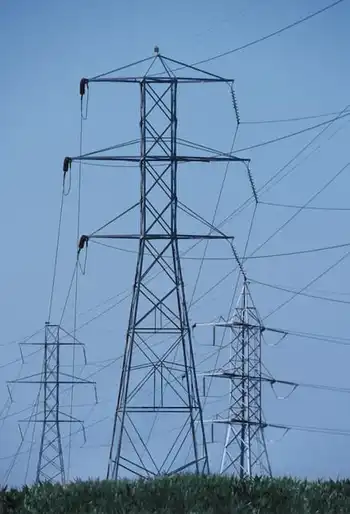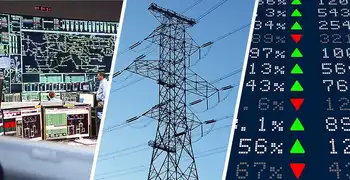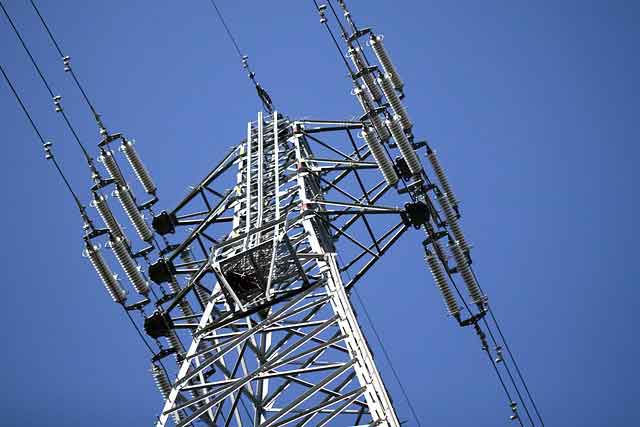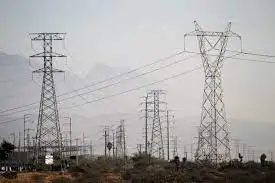Texas bills would make market changes
Republican Rep. Jim Keffer and Democratic Sen. Wendy Davis said their legislation would affect the wholesale and retail markets. Then a throng of electric industry lobbyists immediately disputed their contention that deregulation is not working in the best interest of Texas consumers.
One of the lawmakers' proposals would prevent a company from owning more than 20 percent of electric generation in a smaller market within the state. Currently, that 20-percent limit applies to the whole state market overseen by the Electric Reliability Council of Texas, known as ERCOT.
The lawmakers also want to let local governments enter into low-rate electricity deals on behalf of their citizens who have not already entered into retail electric contracts. Dozens of cities large and small that support their idea.
Cities Aggregation Power Project, a nonprofit that pools cities' electric power needs and makes bulk purchases, joined with the legislators at a Capitol news conference and provided statistics showing residential electric prices have risen since deregulation.
Keffer, of Eastland, said more than half of the calls to his office are residential rate complaints. He said those complaints have been steady since Texas approved electric deregulation in 1999. Keffer and Davis said changes are needed to make deregulation work well and allow for competition and affordability.
"That way deregulation can actually be deregulation," said Keffer, chairman of the House energy resources committee.
Davis, a freshman senator from Fort Worth, said Texans are demanding changes.
"There's no doubt today that deregulation has failed our constituency," she said.
But the Texas Competitive Power Advocates, a trade association representing power generators, wholesale power marketers and retail electric providers, said competitive electric laws have allowed for investment in diverse energy sources such as wind energy. The organization and others representing the industry said Texas electric rates are down to below or near the levels of 2001. Deregulation took effect in early 2002.
The cities power project, however, cited statistics from the Texas Public Utility Commission showing rates have risen.
The Association of Electric Companies of Texas said allowing a city to enter electric deals for its residents would forcibly enroll people and is counter to the goals of a competitive electric market. The group also said the 20-percent ownership proposal isn't necessary because the Public Utility Commission has the authority to regulate the wholesale market even above the current 20-percent ownership and control limit.
Tom Stewart, spokesman for TXU Energy, said the proposed legislation is "bad for consumers, bad for future job growth and bad for future investment in Texas."
"Muni-aggregation, as they propose, is nothing more than government sponsored slamming," Stewart said. "Texans want choice. This takes that right away and puts it in the hands of a city council — something that isn't done for any other product or service."
Another proposal by the two lawmakers would halt the over-budget market overhaul at ERCOT known as the "nodal" project, which was originally slated for completion in 2006 at a cost of less than $100 million.
Now ERCOT is projected to finish the project in 2010 at a cost of $660 million. Keffer and Davis said it will have little benefit to consumers.
Related News

Alberta Electricity market needs competition
CALGARY - Last week, Alberta’s new Energy Minister Sonya Savage announced the government would be scrapping plans to shift Alberta’s electricity to a capacity market and would instead be “restoring certainty in the electricity system.”
The proposed transition from energy only to a capacity market is a contentious subject that many Albertans probably don’t know much about. Our electricity market is not a particularly glamorous subject. It’s complicated and confusing and what matters most to ordinary Albertans is how it affects their monthly bills.
What they may not realize is that the cost of their actual electricity used is often…




